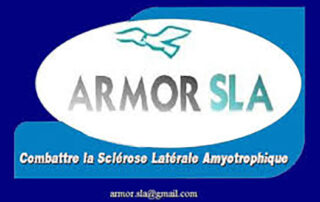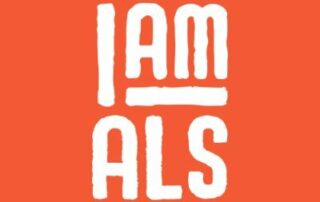(Ce rapport relate du suivi avec les mêmes 18 participants deux ans après la fin du traitement. Notamment, la plupart des améliorations des symptômes gastro-intestinaux se sont maintenues et les symptômes liés à l’autisme se sont encore améliorés après la fin du traitement. Des modifications importantes du microbiote intestinal à la fin du traitement sont restées au suivi, notamment des augmentations significatives de la diversité bactérienne et des abondances relatives de Bifidobactéries et Prevotella. Les observations démontrent l’innocuité et l’efficacité à long terme du Microbiota Transfer Therapy) en tant que thérapie potentielle pour traiter les enfants atteints de TSA qui ont des problèmes gastro-intestinaux, et justifient un essai en double aveugle contrôlé par placebo à l’avenir.
Long-term benefit of Microbiota Transfer Therapy on autism symptoms and gut microbiota
Many studies have reported abnormal gut microbiota in individuals with Autism Spectrum Disorders (ASD), suggesting a link between gut microbiome and autism-like behaviors. Modifying the gut microbiome is a potential route to improve gastrointestinal (GI) and behavioral symptoms in children with ASD, and fecal microbiota transplant could transform the dysbiotic gut microbiome toward a healthy one by delivering a large number of commensal microbes from a healthy donor. We previously performed an open-label trial of Microbiota Transfer Therapy (MTT) that combined antibiotics, a bowel cleanse, a stomach- acid suppressant, and fecal microbiota transplant, and observed significant improvements in GI symptoms, autism-related symptoms, and gut microbiota. Here, we report on a follow- up with the same 18 participants two years after treatment was completed. Notably, most improvements in GI symptoms were maintained, and autism-related symptoms improved even more after the end of treatment. Important changes in gut microbiota at the end of treatment remained at follow-up, including significant increases in bacterial diversity and relative abundances of Bifidobacteria and Prevotella. Our observations demonstrate the long-term safety and efficacy of MTT as a potential therapy to treat children with ASD who have GI problems, and warrant a double-blind, placebo-controlled trial in the future.













